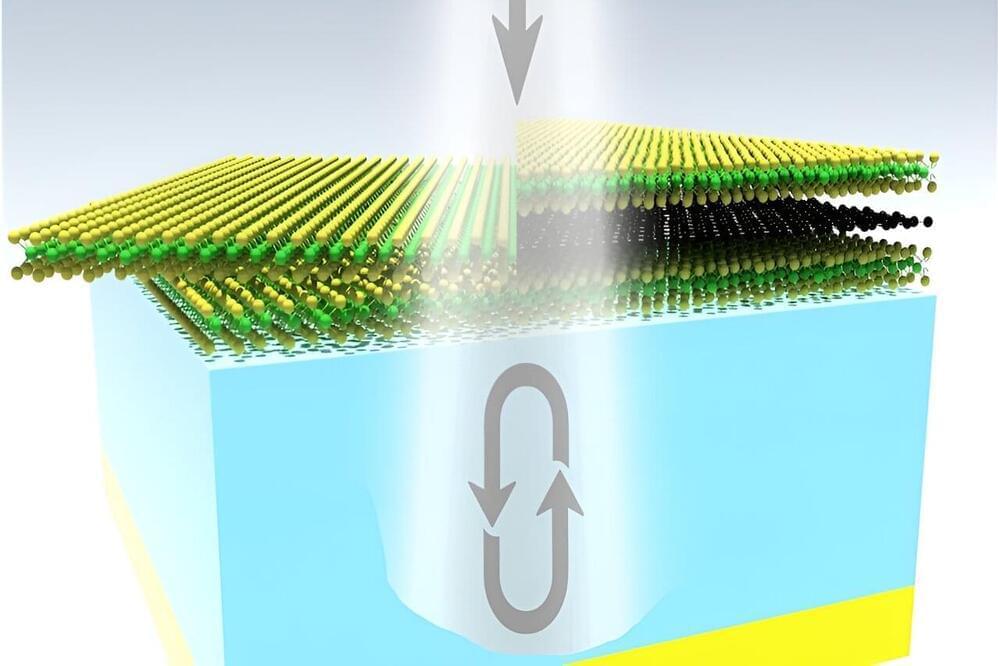Aug 8, 2023
Microsoft to roll out new Teams Chat experience in Edge
Posted by Kelvin Dafiaghor in category: internet
Microsoft has unveiled an update on its Microsoft 365 roadmap, introducing a fresh chat experience within Microsoft Teams. This enhancement enables users to seamlessly open web links from chats in Microsoft Teams using Microsoft Edge. For example, when a user clicks on a web link within a chat, the link will now launch in Microsoft Edge, appearing alongside the ongoing Teams conversation. This feature promotes multitasking, allowing users to maintain their chat discussion while simultaneously viewing the linked web content.
The newly introduced feature is identified with the code 126,334 and was appended to the roadmap on August 4, 2023. This update is tailored exclusively for Microsoft Teams and pertains to the Worldwide (Standard Multi-Tenant) cloud instance. The platform for this development is the web.

















